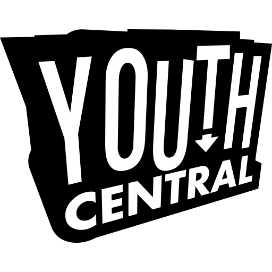Learning a new language can be hard, especially when you are just starting out. Understanding that everyone is a beginner when learning a new language. Learning the key steps and a few hints on how to quickly master a new language can lead you to fluency. Here are a few tips and tricks on how YOU can learn a new language quickly!
1. Listen to the radio or music of that Language
Listening to a language is an amazing way to passively learn a language. While your listening, you can try to write down unfamiliar words in order to expand your vocabulary. In this way you can jam/enjoy the music or radio you are listening to, while learning the language you want to learn.
2. Talk to People that already know the Language:
Talking to people is a great way to understand the information you have retained in terms of memory. Talking can help you connect and build relationships with those around you. In doing so, you can learn from the individual you are talking to and get some pointers while you are at it. The more you start talking the more you will start understanding what you are saying. This will bring the foundation needed to be fluent at the language you are learning.
3. Use Language Learning Programs
Programs like Duolingo or Busuu are great ways to learn languages for FREE. These programs are adequate ways to tell you what you have to revise and what you already know. They can teach a good balance of what is necessary to understand throughout the day. Not only that, yet you get a daily reminder to practice in order to remember to dedicate 5-10 minutes out of your day for practice.
4. Take Baby Steps
When learning a language it is NOT adequate to learn the hardest to the easiest. Although it’s great to challenge yourself, it is important to build a foundation for yourself to understand what you are learning. Learning simple words and sentence structures can be the stepping stone to complex vocabulary and sentence structures. Remember a little goes a long way, it will take time but you will get there.
5. Learn the Language Everyday
Based on what scientists have studied about memory retention, the more you practice something the easier it will get. Learning to set 5 minutes or 10 minutes out of your day to dedicate to learning a language will set you up for success. Ensuring you are studying smart and learning new vocab words and testing yourself based on what you have learned will help you learn the information quickly.
6. Practice Makes Perfect:
Integrating the understanding that there will be curveballs thrown at you through your journey of learning a language, but it’s always crucial to know how to pick yourself up from these situations. Combating certain scenarios and wanting to combat these battles will show how much you want to learn a certain language. Mistakes happen, but learning from them and not making the same mistakes again can allow you to get a step closer to fluency.
Although learning languages can be hard and take many steps to get there it will work out in the end. You have to maintain consistency in what you are learning, and learn to study smart NOT hard. In doing so, learning languages will be easy and understanding those around you WITHOUT google translate can be your biggest flex.
Sources: Featured Image /1

